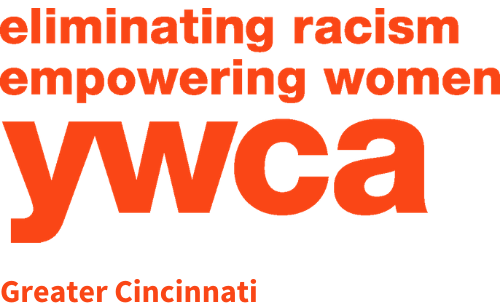Training
YWCA Greater Cincinnati offers customized training and consultation through our Training Institute that centralizes anti-violence, healing centered engagement, self-reflection, and global perspective development. Our compliance, ethics, and restorative framework builds foundations of cohesive understanding to equip organizations and communities. We educate and enhance skills in each space to co-create an atmosphere of respect, responsibility, accountability, adaptability, dignity, and peace.
Contact us for a consultation for customized training: ywcatraining@ywcacin.org
“This was very valuable and very useful. This is the first organization I’ve worked for that required training such as this.”
— Toward Equity Participant
“Great presentation and left no crumbs!”
— Cultural Competency & Cultural Responsiveness Participant
Be Part of the Mission
Join us in the mission to eliminate racism and empower women, stand up for social justice, and strenghthen our community.


